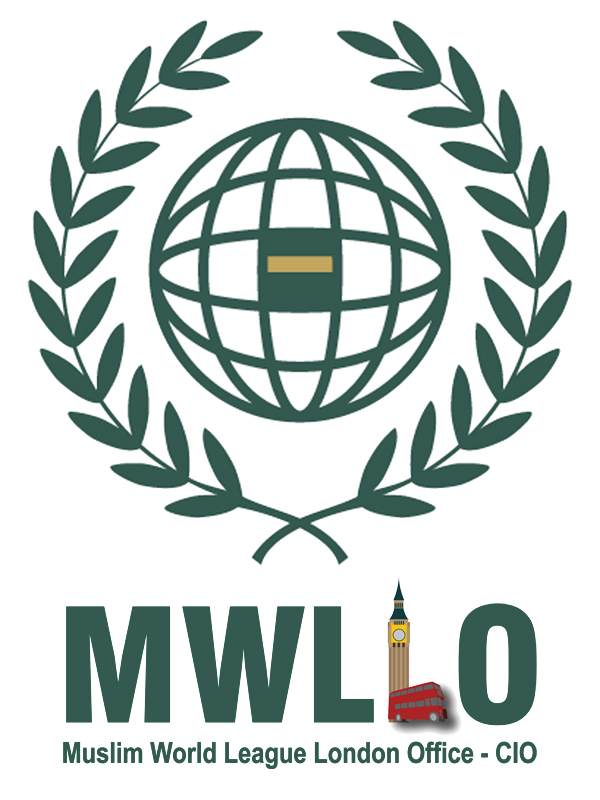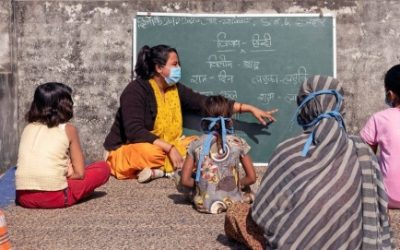Covid-19 pandemic has greatly impacted on all aspects of our social, economic and personal lives. The global lockdown on educational institutes and establishments have also touched the lives of almost all students and their parents. The severe short-term disruption was felt by many students and their families around the world; home schooling is not only a massive shock to parents’ productivity, but also children social and learning needs. In the UK for example, on 2020 teaching completely moved to be online and many assessment have been canceled. Scientist and policy-makers are coming to the realization that such interruption will not only be a short term issue but a long-term concern for the affected individuals and likely to exacerbate on the existing disparities within the education system.
While the closure of schools, colleges and universities not only interrupted the teaching for schools around the world, but it has also impacted on assessments methods. The unprecedented challenges have imposed teachers to change and adopt to new methods of observations and assessments which with the challenges of lockdowns and remote teaching has undermined it effectiveness which led to many assessment been abolished. Importantly, the lockdown of schools not only affected internal assessment but also external. In the UK for example, all public exams – GCSE and A’Level – have been cancelled in 2020 and used predicted grades from teachers’ assessments, which were severely criticized and raised concerns about its fairness and contributed to further inequalities disadvantaging marginalized individuals who have already been affected with the disruptions caused by Covid-19 lockdowns on learning. This matter forced the UK government to intervene quickly to minimize the shock that was caused with the final grading system by supporting students and schools to adjust the grades and liaising with universities to lower their entry levels.
For the hope to reduce the educational gap, families were forced to engage and fully support their children’s educational attainment. The schooling system have shifted from being a supplement/secondary to the child education to be the prime driver of learning. Some families did benefit from the new approach and produced some inspirational success stories, others could not cope with the demands. Key difference can be attributed to: the parent’s educational and cognitive levels, the availability of time, resources and other socioeconomic factors. This may consequently lead to also further the disparities in the attainment of knowledge and skills between different students and again widening the gaps even further.
From the socio-economic point of view, school time is fun and can raise social skills and social awareness, and increase the acquisition of knowledge and skills, a short period of missed time in school will lead to damaging effect. UNESCO (2021) highlights that school closure contributed to high social and economic costs, and it can be particularly sever for the vulnerable and marginalized families. As this may raise dropout rates, contribute to social isolation and increase exposures to violence and exploitation. From this point, the damage of Covid-19 from school and university magnitude can be felt for many years to come
A systematic resilience approach is needed to mitigate these negative impacts. Schools need resources to rebuild the loss in learning. Finding ways to integrate digital learning with classroom learning (hybrid learning) and support parents and families with resources. Giving the trouble of missed assessments and the notorious predicted grades, schools need to find ways to introduce fair assessments methods to all, and this could probably be by postponing exams for younger students and facilitating online exam platforms for older students. Governments need to work with schools to deal with the interruption in students learning. Policies should work to safeguard and monitor online and social platforms, educational institutions and establishments should ensure they provide safe learning platforms for all. For university graduates and work age individuals, government should facilitate entry to the labour market, work on job expansions interventions, and increase the provision of training for different skills.
The outbreak of Covid-19 have threw the world into deep catastrophic challenges, that lessons should be learnt on how proactively we can minimize any such threats in the future. As Covid-19 does not seem to be a threat to our school and universities as many have returned back to normal, authorities and schools need effective risk management strategies to not allow such threats helplessly put our lives into standstill.



